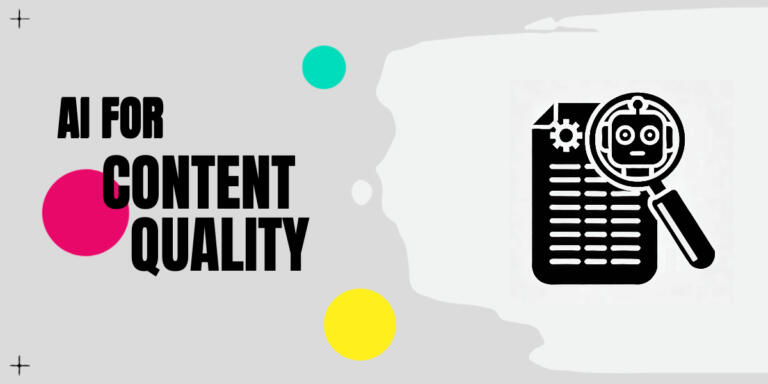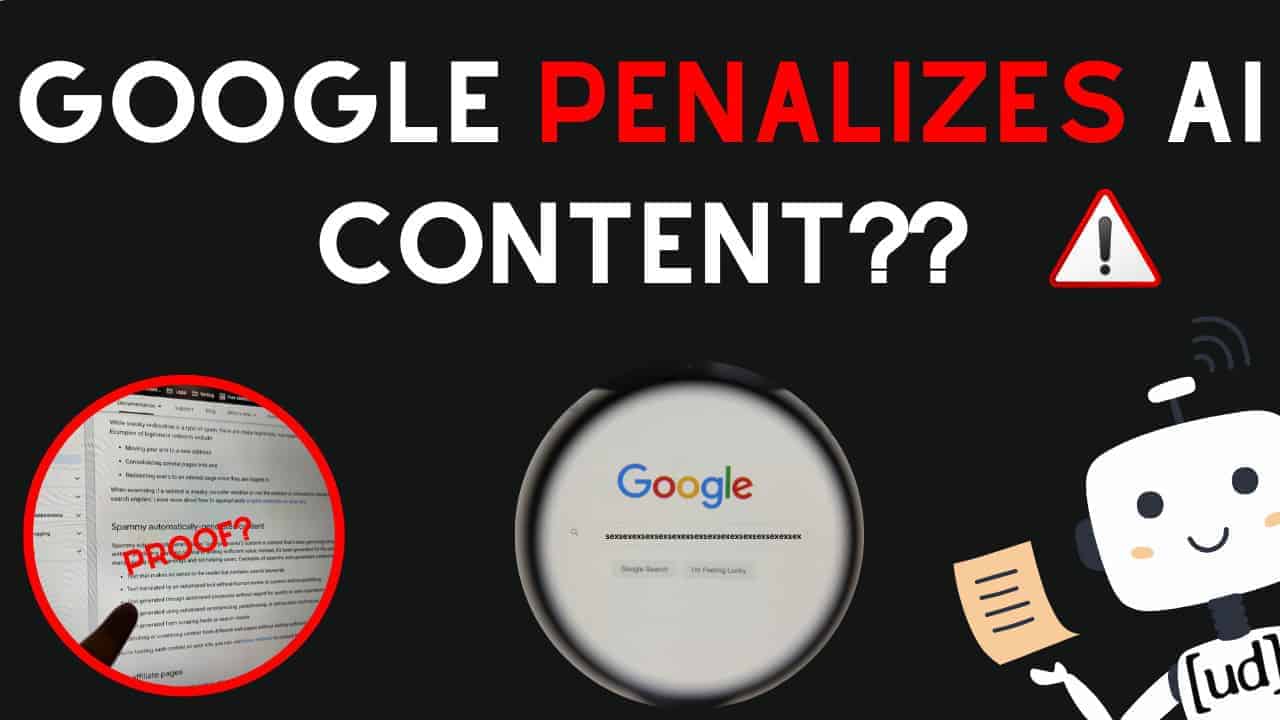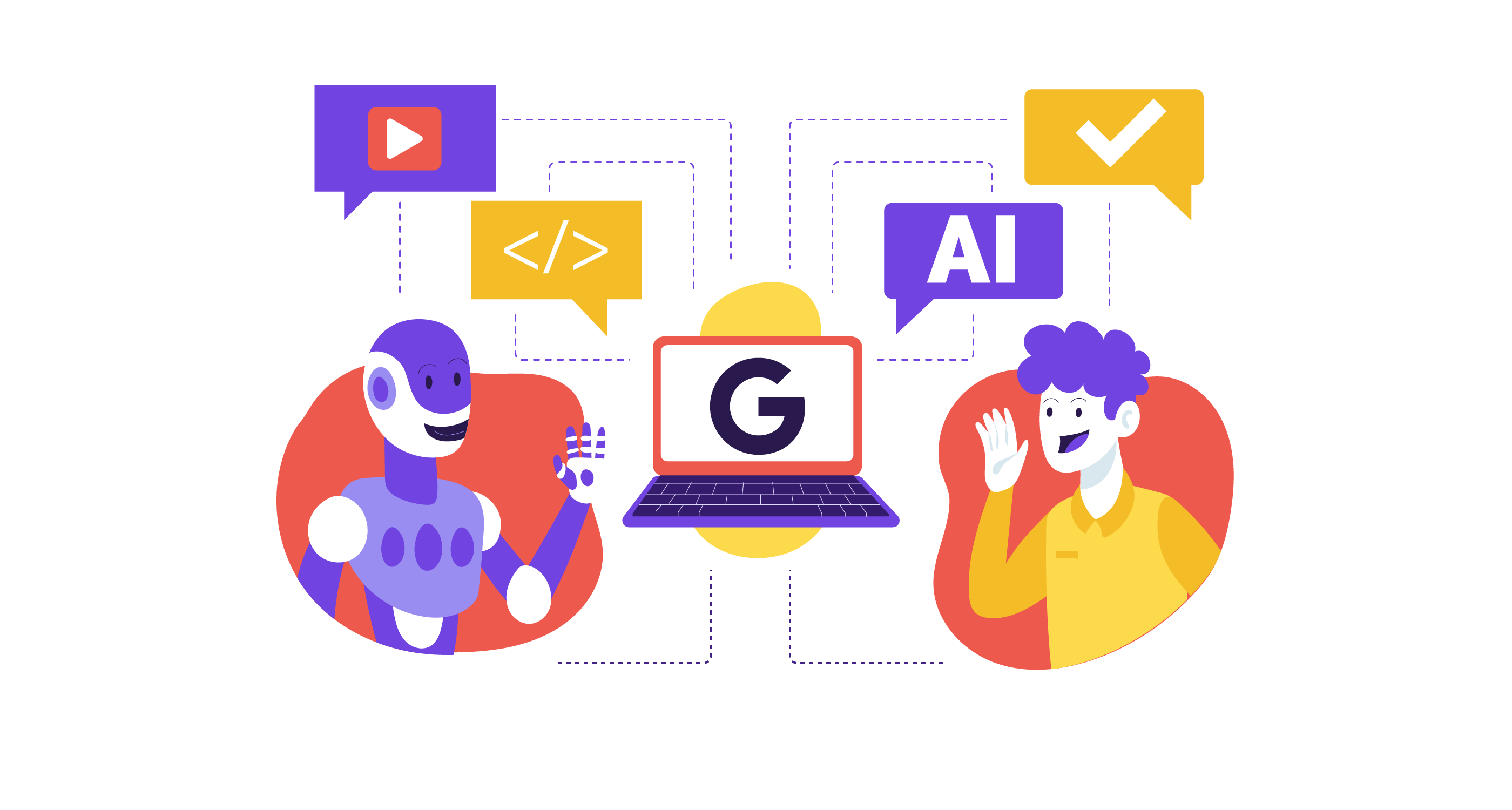The Age of Smarter Search is Here
Let’s face it – SEO in 2026 doesn’t look like the SEO we grew up with.
Gone are the days of stuffing keywords and begging Google for mercy.
Today, search engines don’t just read content — they understand it. That’s what we call AI in SEO 2026
And that’s because AI has moved from the backroom to the boardroom of SEO.
In 2026, Google’s algorithms aren’t just about backlinks or meta tags anymore — they’re powered by AI systems that understand context, emotion, and user intent better than ever.
So the question isn’t “How do I rank?” anymore.
It’s “How do I make my content worthy of AI’s understanding?”
Why AI in SEO Is Not Just a Trend
If you still think “AI in SEO” is some tech fad, you’re living in a pre-ChatGPT world.
AI now powers:
- Google’s Search Generative Experience (SGE)
- Bing’s Copilot SEO integration
- And dozens of tools that can predict user behavior, content success, and ranking difficulty before you even publish.
Marketers used to play chess with Google.
Now, they’re playing 3D chess against AI — and the rules change every update.
But don’t worry.
If you learn to collaborate with AI, not against it, SEO in 2026 can actually be easier, faster, and more creative.
Also read ChatGPT for Content Creation to know pros and cons of AI in content creation.
What AI Really Understands About SEO
Remember when we used to optimize content for keywords?
AI now optimizes for meaning.
Instead of matching “best running shoes” 20 times in a post, AI looks at whether your article answers:
- Who are the best brands?
- What’s the ideal shoe for flat feet?
- How to pick size and fit?
- What customers are saying?
In short:
AI has shifted SEO from keyword optimization to intent satisfaction.

So, stuffing “AI in SEO 2026” 20 times won’t cut it anymore.
But answering why AI matters, how it works, and what it changes — that’s what Google (and readers) crave.
From Keywords to Conversations
Search is becoming conversational — and it’s all thanks to AI.
Voice search, visual search, chat-based results — people no longer type “digital marketing agency Kolkata.”
They ask, “Which marketing agency near me actually delivers results?”
That’s a massive shift.
In 2026, your SEO strategy should sound like a helpful human, not a keyword machine.
Example:
❌ “AI in SEO 2026 can help your business grow fast.”
✅ “Wondering how AI can boost your SEO strategy in 2026? Let’s break it down in simple terms.”
See the difference?
The second one sounds like a conversation — and that’s exactly what AI loves.
The Rise of AI SEO Tools
AI SEO tools are no longer optional — they’re your new best friend.
From Surfer AI to Rank Math’s AI Assistant to Ahrefs Predictive Search, marketers now have tools that:
- Analyze search intent in real-time
- Suggest semantically related keywords
- Optimize headings for readability
- Predict ranking potential
But here’s the funny thing —
The same AI that helps you optimize your content is also the one judging it through Google’s algorithms.

So, yes — you’re technically optimizing your blog for another AI.
It’s like trying to impress your robot boss.
EEAT + AI = The 2026 SEO Power Duo
Let’s talk about EEAT (Experience, Expertise, Authoritativeness, and Trustworthiness).
In 2026, this is still the golden rule — but now, AI measures it differently.
AI models can now detect:
- Whether content sounds “too automated”
- Whether a brand consistently publishes factually correct info
- Whether an author has real-world expertise
Example:
If you’re writing about “AI in SEO 2026” but have never published a single SEO-related article before — Google’s AI knows.
Solution? Build topical authority.
Create a series of blogs, podcasts, or short LinkedIn posts around the same theme.
That’s how AI recognizes you’re the real deal.
AI and Content Quality in 2026
You might think, “But AI can write content for me now — why bother?”
Well, here’s the truth:
AI-generated content alone doesn’t rank — human-edited AI content does.
Google’s algorithms can detect robotic phrasing, unnatural sentence flow, and repetitive tone.
So while AI can give you the structure, you must give it the soul.

Think of AI as the sous-chef — it can chop, stir, and prep.
But the recipe’s flavor? That’s all you.
Real-World Example: AI and SEO Harmony
Take HubSpot for example.
They didn’t fight the AI wave — they surfed it.
By integrating AI for topic clustering, HubSpot improved its internal linking and topical authority, resulting in a 40% traffic increase.
But they didn’t stop there.
Every AI-drafted blog still goes through human editing for tone, emotion, and context.
That’s the perfect formula: AI for efficiency, humans for empathy.
The Dark Side of AI in SEO
Let’s not pretend it’s all sunshine and algorithms.
AI also brings SEO risks:
- Duplicate content (AI tools pulling similar phrasing)
- Over-optimization (AI-generated keyword stuffing)
- Loss of originality (everyone using the same AI prompt)
By 2026, we’ll see more “AI content penalties” from search engines.

So if your content reads like a bot wrote it while drinking five espressos — fix it now.
Your content shouldn’t just pass AI detectors — it should delight readers.
Building Trust in the Age of AI
Trust will be the biggest SEO ranking factor in 2026.
People can tell when content feels human — emotional nuance, relatable humor, personal experience.
If your audience doesn’t trust you, they’ll scroll right past you — no matter how optimized your H1 tag is.
So, how do you build trust?
- Share real experiences.
- Use verified data.
- Show your face, your story, your perspective.
Because even in an AI-driven world, authenticity remains the best SEO strategy ever.
check Instagram for more content.
How to Future-Proof Your SEO Strategy for 2026
Here’s how you can prepare for the AI revolution in SEO:
✨ Invest in AI tools — but train them right. Feed them your brand tone, audience data, and goals.
✨ Keep learning. AI changes monthly — stay ahead with ongoing education.
✨ Focus on people-first content. The more natural your writing, the higher your Rank Math score.
✨ Use AI ethically. Don’t trick readers or fake expertise.
✨ Diversify your SEO channels. Optimize for YouTube, voice, and Pinterest — not just Google.

Remember, SEO isn’t dying.
It’s evolving into intelligent storytelling.
Final Thoughts: The Heart Behind the Algorithm
AI might understand what users want, but only humans understand why they want it.
That’s your edge in 2026.
SEO isn’t just about ranking first — it’s about resonating most.
So, use AI to analyze, structure, and scale — but let your creativity and honesty do the heavy lifting. Because at the end of the day, algorithms may decide visibility,
but humans decide value.

[…] read AI in SEO for how know the future of smart […]